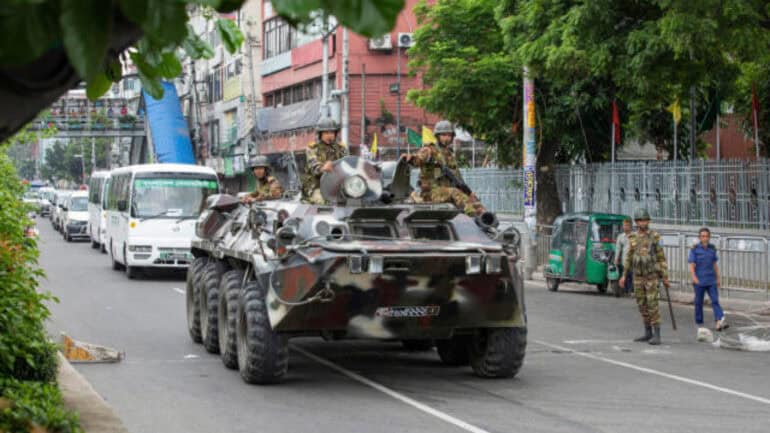Imagine not having internet. You can’t send messages, you don’t know where friends and family are, and you have no way of knowing what’s happening in your country.
In Bangladesh right now, over 170 million people have been living this reality for the past five days, since the government cut off online connectivity.
Senior computer scientist John Heidemann unpacks why the government has cut off internet in Bangladesh on The Briefing:
In the last week 10s of thousands of young people have been protesting throughout Bangladesh with reports of more than 146 people being killed during marches.
Cybersecurity and internet expert John Heidemann from the University of Southern California says the shutdown has meant many people can’t top up their electricity meters, leaving them without power.
“To take a country of nearly 170 million people off the Internet is a drastic step, one we haven’t seen since the likes of the Egyptian revolution of 2011,”
The protests initially broke out over student anger against quotas that set aside 30 per cent of government jobs for the families of those who fought for independence from Pakistan.
“Most of the whole country was offline within a few hours,” he said, “They had a lot of civil unrest, a lot of protests, a lot of people very concerned.”
Subscribe to The Briefing, Australia’s fastest-growing news podcast on LiSTNR today. The Briefing serves up the latest news and deep dives on topics affecting you, all in under 20 minutes.
